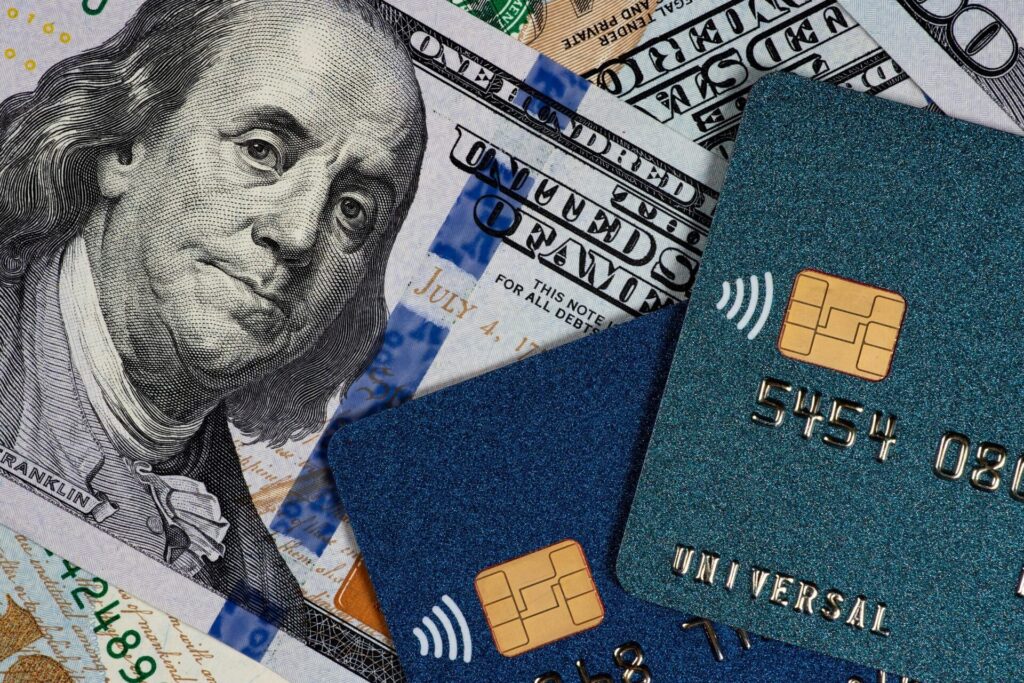What credit score do you start with? This is a question that comes up a lot, especially for people who are new to establishing credit. Here’s an overview of what that very first credit score is likely to be, and how to continue your credit journey from there.
When you first check your credit score, you may be surprised to see a three-digit number, even if you’ve never used credit before. That’s because your credit score doesn’t start at zero. The lowest possible score according to FICO and VantageScore is 300.
But your starting credit score isn’t a set number that applies to everyone. It depends on your unique credit journey and the credit-scoring model used, whether it’s FICO or VantageScore. Until a first inquiry, you won’t have a credit score at all—your initial score is first calculated when a lender or entity requests them to assess your creditworthiness.
The next step: your credit journey
The more important question to consider is how to establish credit and use it responsibly from the beginning to build the best score possible, because your credit score impacts many parts of your life. Several factors influence your credit score, including payment history, current debt, credit utilization, credit mix, credit age, and new credit applications. These factors are taken into account by credit-scoring models to calculate your score, and the specific impact may vary depending on the model used.
Credit scores typically range from 300 to 850, with FICO and VantageScore being the commonly used scoring companies. It’s important to note that credit reports and scores may not exist before the age of 18, as that’s generally the minimum age to open a credit card. However, as you become eligible to borrow on your own, credit scores and reports will start to appear as you open more credit accounts or loans in your name.
How to build credit
Building credit is a process, and even if you’re just starting to establish credit, there are ways to build a positive credit history. You can apply for a secured credit card, become an authorized user on someone else’s account, or take out a credit-builder loan offered by credit unions. These strategies can help you establish credit and demonstrate responsible credit use. Another way to build your credit is Brigit’s Credit Builder*.
Monitoring your credit score is also important, as it’s updated frequently. You can obtain free copies of your credit reports from Equifax, Experian, and TransUnion once a year. Additionally, tools like CreditWise from Capital One allow you to monitor your VantageScore 3.0 credit score for free, without impacting your score.
To summarize, your credit score doesn’t start at zero, and there are steps you can take to build positive financial habits from the start. By understanding how credit scores work and using credit responsibly, you can continue to improve your scores over time.
*Impact to score may vary. Some users’ scores may not improve. Results will depend on many factors, including on-time payment history, the status of non-Brigit accounts, and financial history. Results show that customers with a starting credit score of 600 or below were more likely to see positive score change results. A Brigit subscription is required.
Banking services provided by Coastal Community Bank, Member FDIC.










